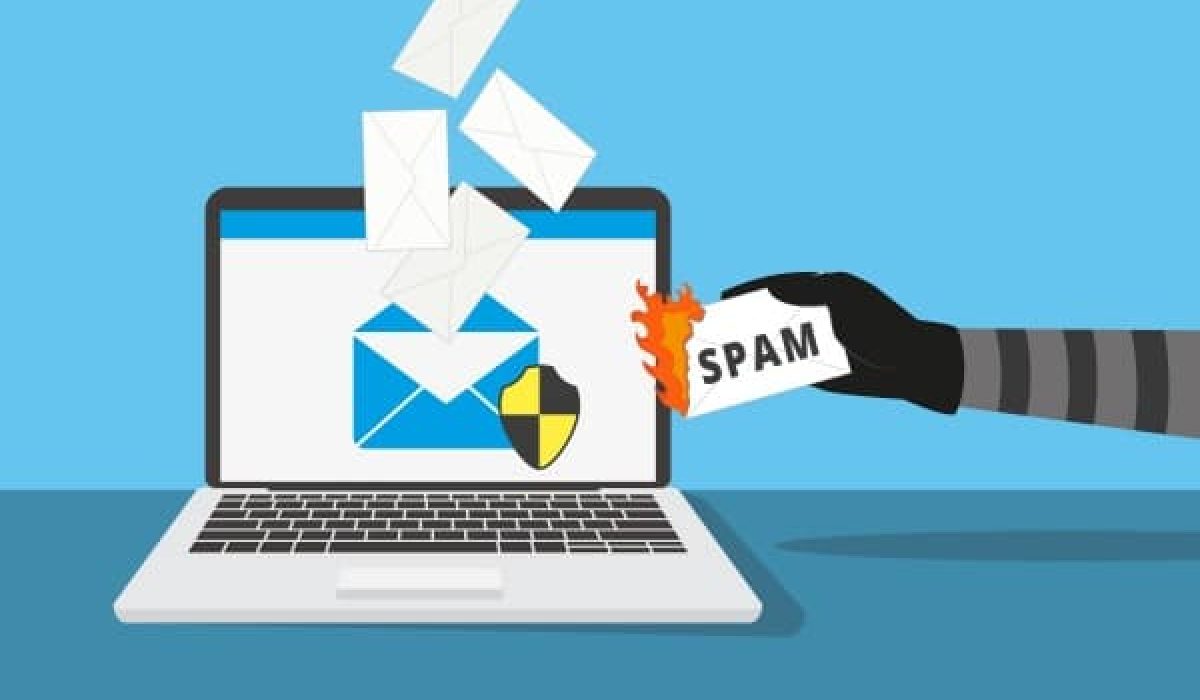Why Your Business Needs Spam Filter for Email Protection
If your business email account is overwhelmed with unsolicited emails, it’s time for a spam filter. A spam blocker or filter prevents unwanted emails from reaching your inbox and protects your business from potential threats. Unfiltered enterprise emails can be frustrating for both administrators and users. Taking advantage of spam filtering services is essential to increase efficiency and safeguard your business. Here are the key benefits of spam filtering for enterprise email:
- Protection Against Viruses
Spam emails are not just annoying—they can carry dangerous viruses. Just one click on a malicious email can harm your entire network. Spam filters act as a protective shield, keeping these threats out of your inbox. - Keeping Hackers at Bay
Beyond viruses, hackers often use seemingly harmless emails to gain access to your system. Spam filters block these suspicious emails, protecting your sensitive data from unauthorized access. - Saving Time
Manually sorting through emails to identify spam can be time-consuming. Spam filters save employees time, allowing them to focus on productive tasks rather than sifting through junk. - Maintaining Your Reputation
A company’s reputation is vital. Spam filters help protect your reputation by preventing harmful emails from reaching your customers and ensuring no spam is accidentally forwarded to them. - Customized Filtering Options
Anti-spam software can be customized to suit your needs. Create a blacklist to block persistent spammers or maintain a whitelist for trusted contacts, ensuring only critical communications get through. - Ensuring No Important Emails Are Lost
Many spam filters save junk emails briefly, allowing you to review them to ensure no critical messages are mistakenly marked as spam.
|
More resources you might like: |
What are the different types of spam filters?
As we describe the benefits of spam filtering, we also need to review the various types of spam filters available, each designed to tackle different aspects of spam. Here are some common types:
- Content-Based Filters
These filters analyze the content of incoming emails, scanning for keywords or phrases commonly associated with spam. If an email’s content matches spam criteria, it gets blocked. - Blacklist Filters
Blacklist filters block emails from known spam sources. If the sender’s email address or domain is on a blacklist, their emails won’t make it to your inbox. - Whitelist Spam Filters
Whitelist filters work in reverse to blacklist filters, allowing emails only from trusted senders. This is especially useful for ensuring important contacts always reach you. - Heuristic Filters
Heuristic filters use algorithms to score emails based on various factors, such as content, sender, and links. Emails that score too high are marked as spam. - Bayesian Filters
Bayesian filters use statistical analysis to learn from previous emails, distinguishing between spam and legitimate emails. They become more effective over time as they learn your preferences. - Rule-Based Spam Filters
These filters allow you to set specific rules for filtering emails. For example, you can create spam filter rules to block emails with specific attachments or subject lines. - Challenge-Response Filters
These filters require unknown senders to verify themselves before their emails are delivered, effectively blocking automated spam messages.
These different spam filters work together to keep your business email secure, efficient, and spam-free, helping you maintain a smooth communication flow.


One Response